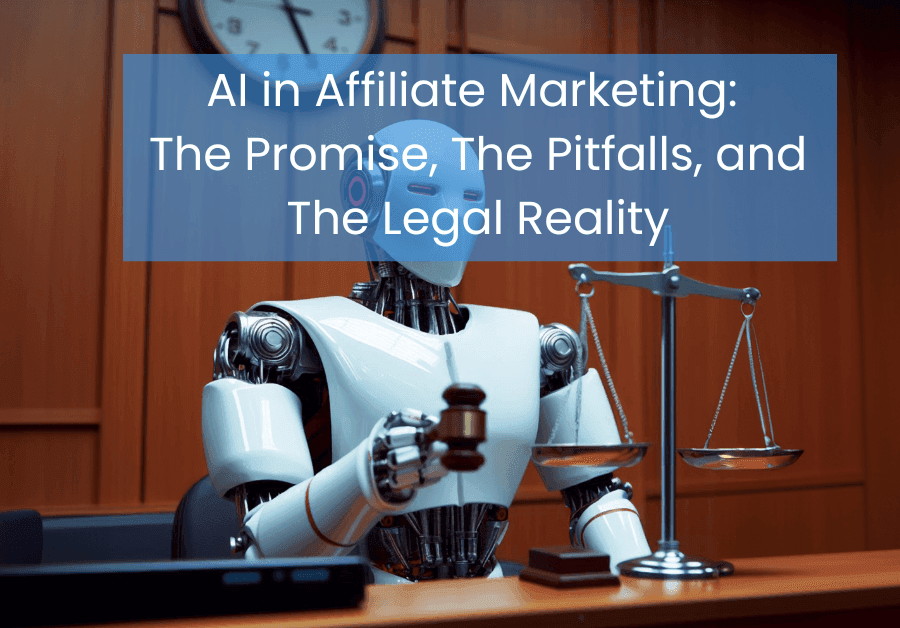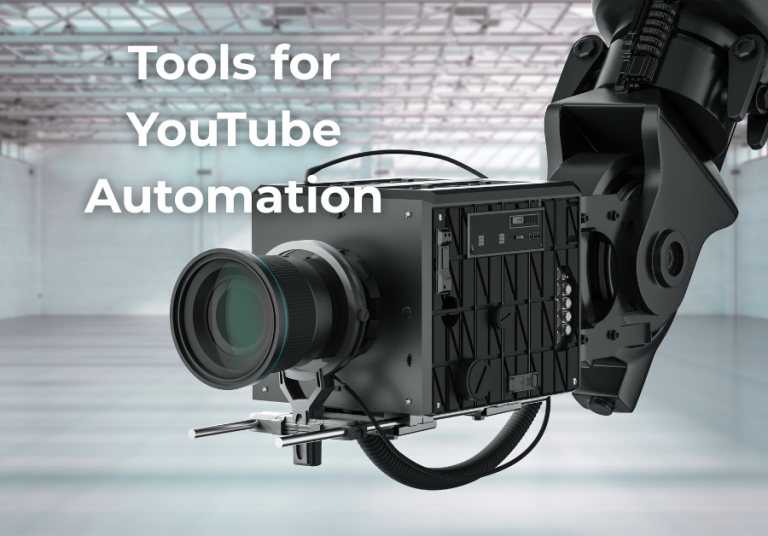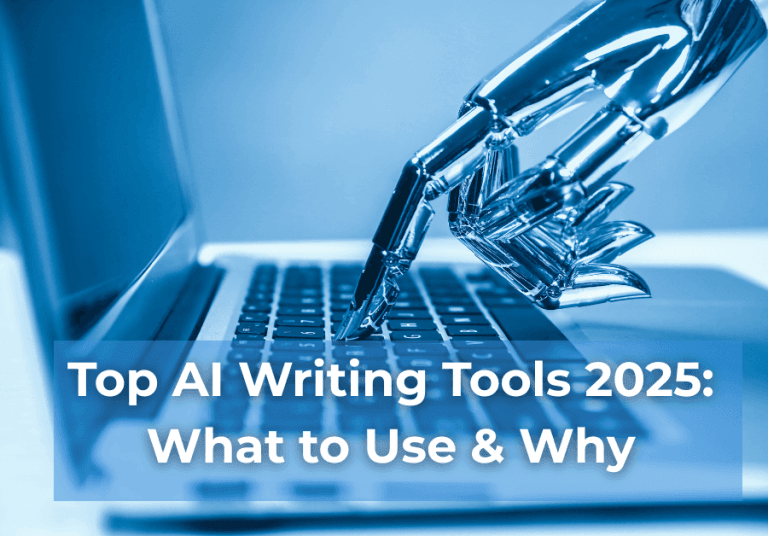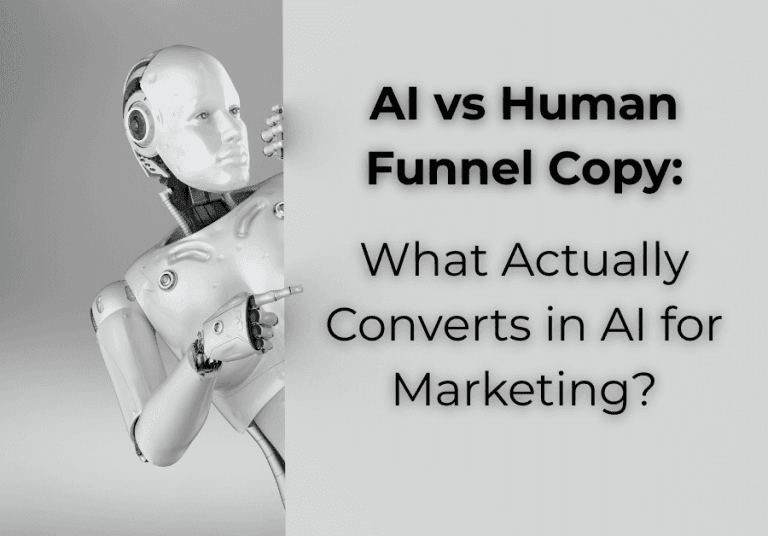How to Use AI in Affiliate Marketing Without Breaking the Rules (2025 Guide)
AI in Affiliate Marketing: The Promise, the Pitfalls, and the Legal Reality
If you’re building a faceless funnel or trying to grow a digital income stream, you’ve probably asked the question:
Can I actually use AI to help with affiliate marketing—and not get myself in trouble?

I’ve been asking the same question. And I’ve spent way too many hours in forums, blog posts, and government guidance documents trying to get a straight answer. So, this post is my no-fluff, fully researched breakdown on how to use AI tools for affiliate marketing legally, ethically, and strategically in 2025.
What Counts as “AI in Affiliate Marketing” in 2025?
Let’s get clear on what we’re actually talking about.
AI in affiliate marketing typically refers to using artificial intelligence to assist or automate tasks like:
- Writing blog posts or product reviews
- Creating emails or social captions
- Designing funnels or landing pages
- Researching keywords and SEO content
- Generating videos, voiceovers, or avatars
- Running automated ad campaigns or performance tracking
It’s not just ChatGPT anymore. It’s a whole ecosystem of AI-assisted productivity tools, and it’s changing fast.
Legal Considerations by Country (2025 Snapshot)
🇦🇺 Australia
- The OAIC recommends ensuring transparency when AI is used in marketing communications, especially if it influences automated decision-making.
- AI-generated personal data must still comply with the Privacy Act 1988. If your AI tool collects or processes user data (e.g. email scraping, chatbot logic), you’re legally accountable for it.
- Disclosure is encouraged if content is AI-assisted, especially in financial or health-related niches.
🇺🇸 United States
- The FTC now explicitly warns against deceptive use of AI in advertising. If you’re using AI to create testimonials, human-like avatars, or content that could mislead consumers, you could be liable (FTC AI Guidance).
- Disclosures are strongly recommended when AI is used in promotional content, especially if it’s designed to simulate authority or expertise.
🇬🇧 United Kingdom
- The ICO requires marketers using AI systems to ensure fairness, transparency, and accountability.
- If your AI tools involve profiling or behavioral targeting (like email automation tied to AI prediction), you may need a Data Protection Impact Assessment.
🇨🇦 Canada
- Under the AI and Data Act (AIDA), still in development, AI systems used for influencing decisions (i.e. marketing automation) must follow standards of transparency and oversight.
- Falsely presenting AI content as human-authored can be considered misleading under the Competition Act.
🇮🇳 India
- While AI regulation is still evolving, the Ministry of Electronics and IT has advised that all AI-generated content must be disclosed if used in public-facing material (source).
- Avoid generating synthetic reviews or endorsements with AI—this is considered deceptive.
Ethical Use of AI in Affiliate Marketing
Being legal is the minimum. Being ethical is where your brand builds trust. Here’s what to consider:
1. Are you creating AI content with misleading intent?
If you’re using AI to write a product review for something you’ve never used, it’s not just lazy—it’s potentially deceptive.
2. Are you being transparent with your readers or viewers?
You don’t have to slap “This was written by a robot” on every paragraph. But if you’re using AI to simulate a persona, create an avatar, or build a funnel that sounds like a person—it’s worth letting your audience know you’re the architect, not the face.
3. Are you respecting copyright and intellectual property?
AI tools can generate content that closely resembles existing copy. Always edit for originality, and avoid pasting directly from AI tools without checking for plagiarism or misattributed facts.
Copyright Risks You May Be Overlooking
Using AI doesn’t automatically protect you from copyright issues. In fact, it may expose you to more risk.
- AI-generated images (like DALL·E or Midjourney) may not be safe for commercial use, depending on how they were trained and where they’re hosted.
- AI copy can accidentally borrow phrasing from training data—especially in niche industries.
- You are responsible for the output of the tool, even if you didn’t write it yourself.
Use tools like:
- Copyscape to check written content
- Creative Commons Search for safer image sourcing
- Your brain — seriously, always review and humanise everything
🔧 Recommended AI Tools for Affiliate Funnels (Stealth-Friendly)
Here’s what I personally use or recommend for faceless, low-pressure funnel building:
✨ Text & Content
- ChatGPT (with plugins or GPTs) – content outlines, CTAs, rewrites
- Writesonic / Jasper – more SEO-structured tools for longer posts
- Grammarly + Quillbot – polish and paraphrasing
🎨 Design & Visual
- Canva Pro – faceless carousel creation, AI image suggestions
- Kittl – for Etsy-style branding and mockups
- DALL·E / Midjourney – with caution for blog visuals (edit all outputs!)
📈 Funnels & Tracking
- Systeme.io – all-in-one funnel builder (affiliate-friendly)
- Tally + Pabbly – for automating quiz results and email delivery
- Google Analytics 4 – for tracking blog-to-funnel performance
✍️ Final Thoughts: Use the Tool, Don’t Let the Tool Use You
AI in affiliate marketing is powerful—but only if you’re strategic.
Don’t follow the gurus promising “one-click success.” Instead, use AI to enhance your workflows, not replace your judgment. Automate the noise, amplify the clarity.
You don’t need to be perfect. You just need to be intentional—and careful.
🔗 Want to Learn How This Fits Into a Full Funnel?
- Read: The Quiet Digital Income Steps
- Explore: Faceless Funnel Strategy for Beginners
- Download: The CTA Vault — because if your AI can write, your funnel still needs to convert.
Quiet work. Real results. You’ve got this. — Miss K




